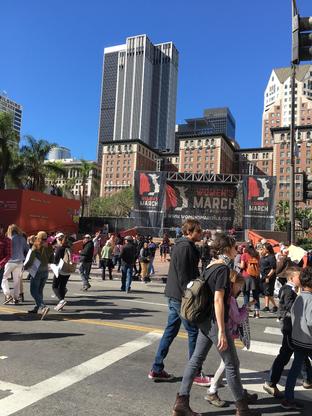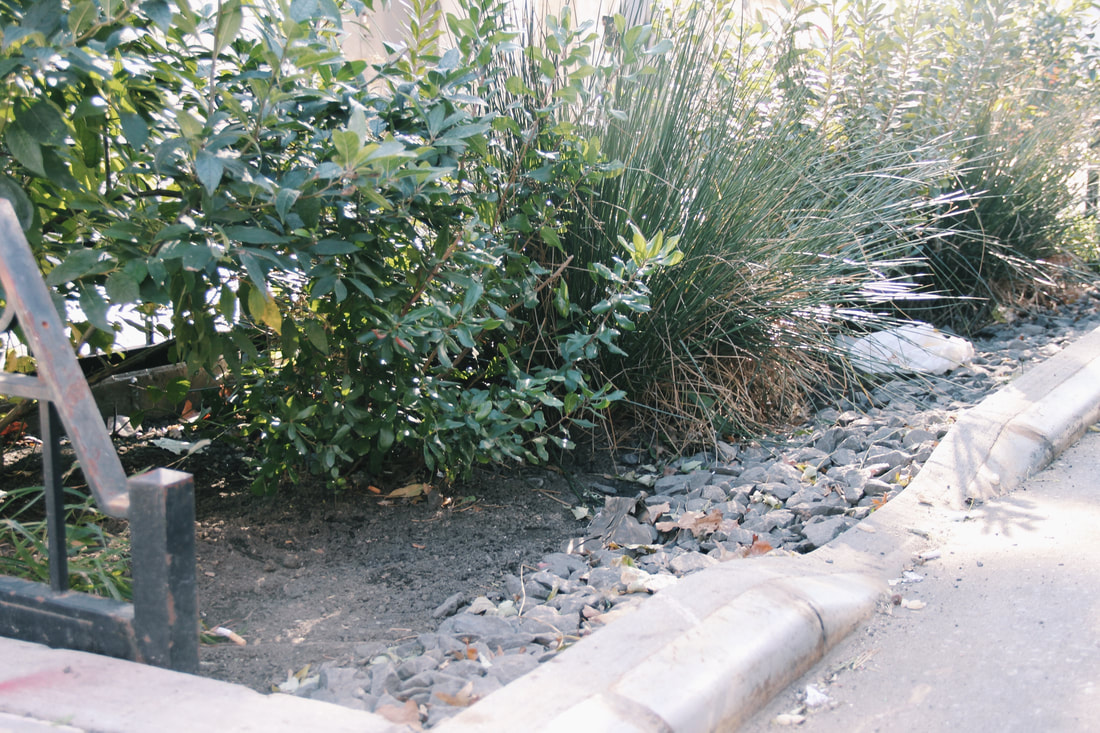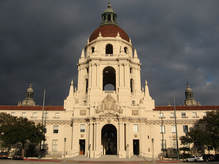 "The movement is that part of humanity which has assumed the task of protecting itself." (Photo by TP)
"The movement is that part of humanity which has assumed the task of protecting itself." (Photo by TP) These are Paul Hawken's words:
"The movement doesn't attempt to disprove capitalism, globalization, or religious fundamentalism but tries to make sense of what it discovers in forests, favelas, farms, rivers, and cities . . . The movement is that part of humanity which has assumed the task of protecting and saving itself . . . each organization . . . operates independently of an individual person's interest. Specifically, the shared activity of hundreds of thousands of nonprofit organizations can be seen as humanity's response to toxins like political corruption, economic disease, and ecological degradation."
These organizations — as if compelled by life forces like those that drive us individually — regulate themselves, and by taking humankind as an organic whole, the actions to preserve and protect itself are natural, inevitable. This global movement then becomes a living being.
The author wished not only to explain this movement's purpose and aspirations, but also invite and facilitate the joining of other groups by including over 100 pages of descriptions, listings, and references to like-minded groups world-wide. In the appendix, categories such as Recycling and Reuse (for those interested in groups like Repair Café, for example), are followed by the number or groups researched at the time of publication (4,346!) and an extensive list of key descriptors like salvage, preowned materials, waste recycling, repair, etc.
As for working, boots-on-the-ground groups involved, the Tibetan Plateau Project places conservation and biodiversity at the head of their concerns in Tibet; the United Students Against Sweatshops champions workers' rights in Canada; and Jane Goodall, who calls "Blessed Unrest" "exciting, compelling, and very important," has organized more than 7,000 youth groups called Roots and Shoots to help animals, the environment, and other human beings. I recently sighted a Spanish announcement of Roots and Shoots published by the indigenous Arhuaco community in Santa Marta, Colombia. Hudson Riverkeepers, another movement group, was originally formed in 1984 to hold GE and others accountable for pollution. It has since spawned 150 international organizations under a larger group called Waterkeeper Alliance.
In "Blessed Unrest," which was originally published in 2007, two URLs are given to access more information. One seems to be infected, and the other does not relate to the information given in the appendix. However, a YouTube video shows Paul Hawken speaking before a Bioneer Conference in which he addresses a few of the topics mentioned in "Blessed Unrest." It is worthy of a look and a listen.
In asking where this movement is going, the answer derives from its humane essentials: Forward. Continued involvement with the best of humanity, engaged with doing what is right, just, and ecologically sound, and by so doing recognizing the spirit that welds communities and individuals together — and which make us the humanity that we espouse.
—Greg Marquez
- -
Blessed Unrest
How the Largest Social Movement in History Is Restoring Grace, Justice, and Beauty to the World
By Paul Hawken
352 pp. Penguin







